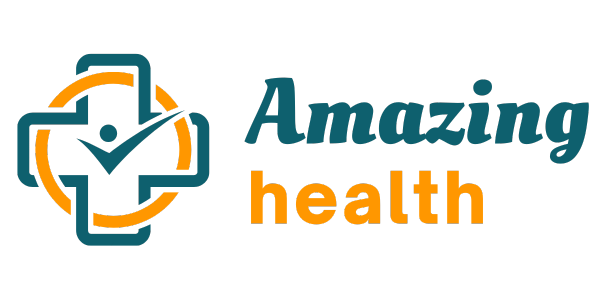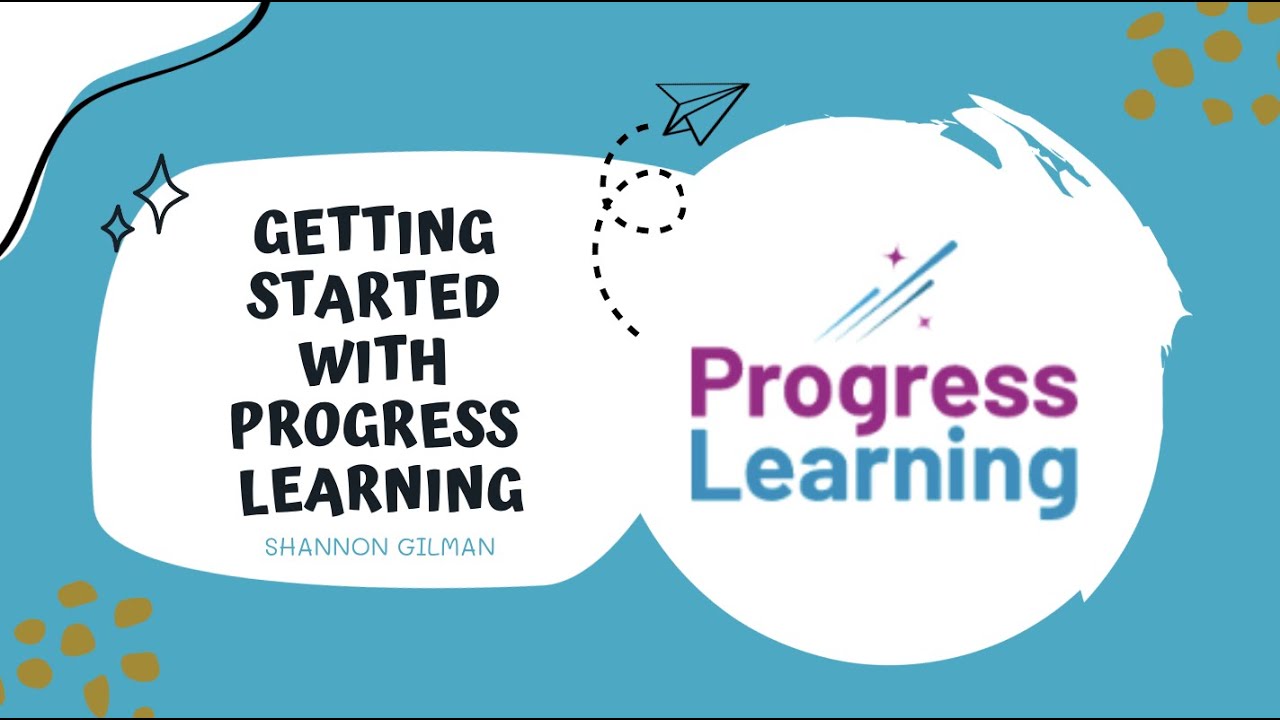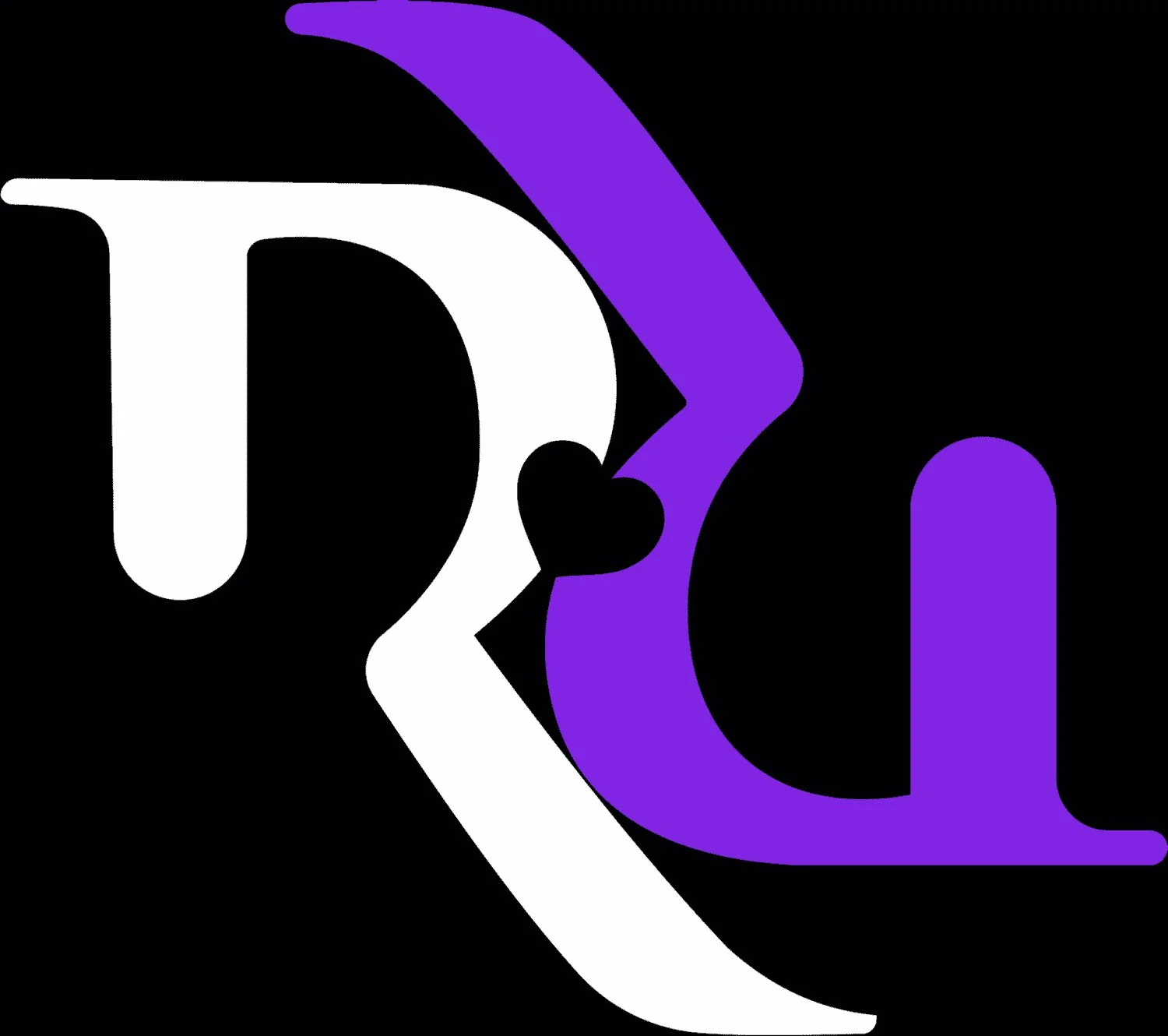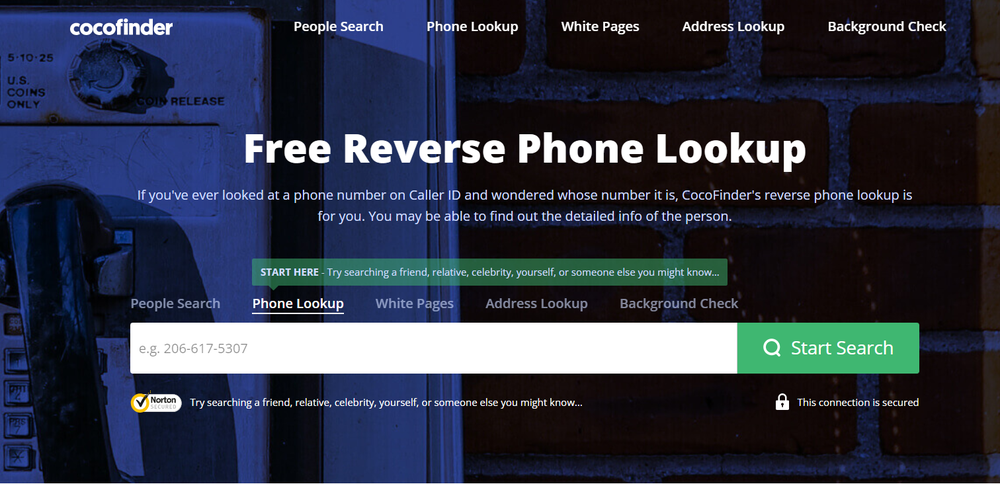Introduction
progress learning, In today’s dynamic world, lifelong learning and personal development are more critical than ever. As we strive to adapt to an ever-changing professional landscape, education plays a pivotal role in equipping individuals with the skills and knowledge they need to succeed. “Progress Learning” is a concept that encapsulates this ever-evolving journey of education and personal growth. In this article, we will explore the significance of Progress Learning, its key features, and how it empowers individuals to reach their full potential.
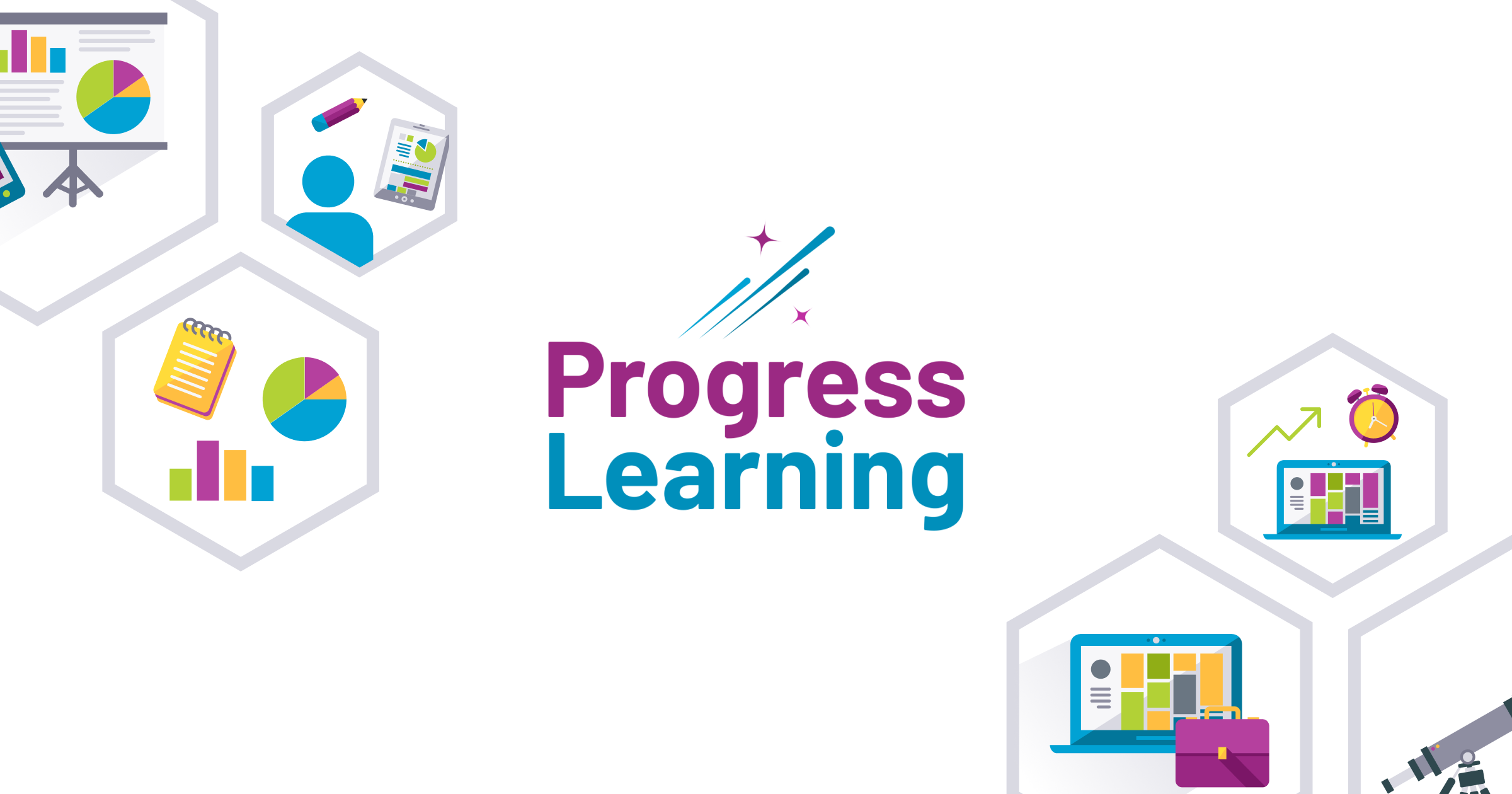
The Essence of Progress Learning
It is not confined to a specific educational institution or method; rather, it is a philosophy that emphasizes continuous development and growth throughout one’s life. It is the process of acquiring new knowledge, skills, and competencies, as well as refining existing ones, in order to adapt to an evolving world. It’s about embracing change, staying curious, and pushing boundaries to unlock one’s full potential.
Must Read=rubrankings
Key Features of Progress Learning
- Lifelong Learning: Progress Learning recognizes that learning does not end with formal education. It encourages individuals to adopt a mindset of lifelong learning, constantly seeking new experiences and knowledge to remain adaptable and relevant in the face of change.
- Adaptability: In a world characterized by rapid technological advancements and shifting industries, Progress Learning promotes adaptability. It encourages individuals to be open to new ideas, technologies, and methodologies, ensuring they can pivot and thrive in different contexts.
- Self-Directed Learning: Progress Learning empowers individuals to take charge of their own learning journey. This includes setting goals, choosing learning resources, and designing personalized learning paths that align with their aspirations and interests.
- Skill Diversification: Rather than specializing in a single area, Progress Learning emphasizes diversification of skills. This multi-disciplinary approach ensures that individuals possess a broader skill set, making them more resilient and versatile.
- Goal-Oriented: While Progress Learning promotes continuous self-improvement, it also places emphasis on setting and achieving specific goals. These goals can be short-term or long-term, and they serve as milestones to track progress and maintain motivation.
- Collaboration and Networking: Progress Learning encourages individuals to engage with a diverse community of learners. Collaborative projects, networking, and knowledge-sharing play a crucial role in expanding one’s horizons and gaining insights from others.

How Progress Learning Empowers Individuals
- Career Advancement: In the professional realm, Progress Learning allows individuals to stay current in their fields and acquire new skills to advance their careers. It is particularly vital in industries prone to rapid technological changes.
- Personal Fulfillment: Progress Learning fosters personal growth and fulfillment. The process of acquiring new knowledge and skills often leads to a sense of accomplishment and self-discovery, enhancing overall well-being.
- Problem-Solving and Critical Thinking: The constant pursuit of knowledge sharpens problem-solving and critical thinking abilities. It enables individuals to tackle challenges with innovative solutions.
- Resilience: By diversifying skills and being adaptable, individuals can weather economic downturns and unexpected changes with greater ease. This resilience is invaluable in today’s uncertain world.
- Innovation: Progress Learning drives innovation. It encourages individuals to think creatively, explore uncharted territories, and come up with novel ideas that can lead to groundbreaking discoveries.
- Personal Branding: Continuous learning and skill diversification enhance an individual’s personal brand. This, in turn, can open up opportunities, whether it be career advancements, entrepreneurial endeavors, or recognition in one’s chosen field.
Progress Learning in the Digital Age
The digital age has revolutionized the way we learn and access information. With the advent of online education, Massive Open Online Courses (MOOCs), e-learning platforms, and digital libraries, individuals have unprecedented access to learning resources. Progress Learning has become more accessible than ever, regardless of one’s location or financial means.
Online platforms such as Coursera, edX, Khan Academy, and many others offer courses on a wide range of subjects. These platforms enable learners to tailor their education to their interests and career goals. The gamification of learning through apps and online platforms also makes the process more engaging and enjoyable.
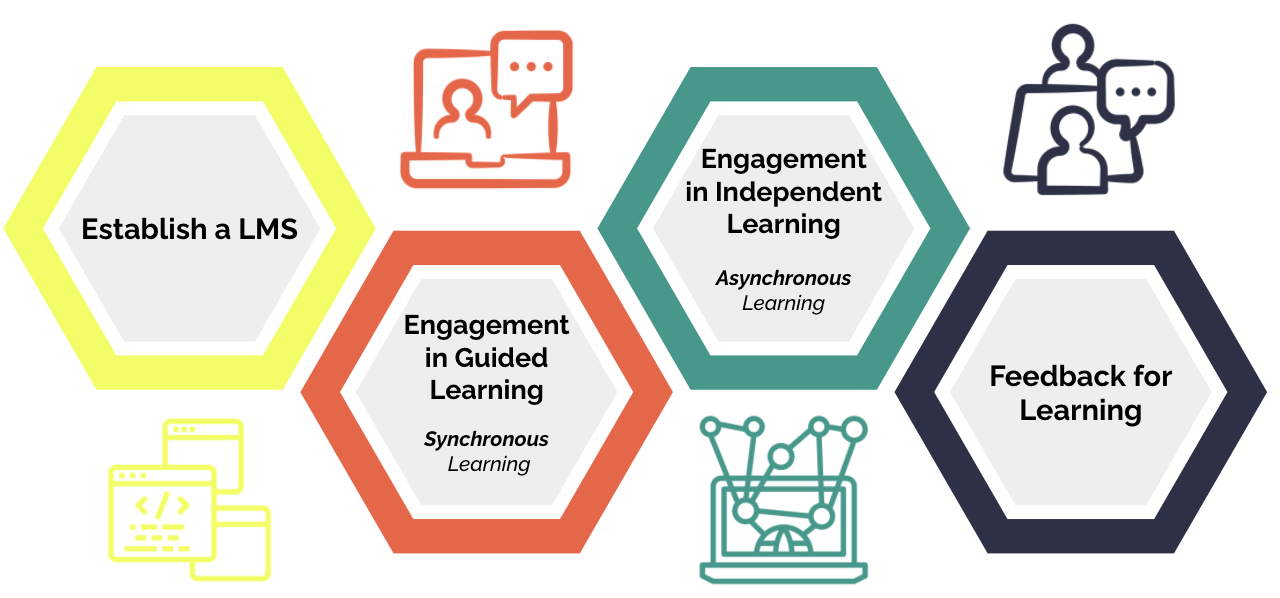
Furthermore, social media and online forums provide opportunities for networking, collaborating, and sharing knowledge with like-minded individuals from around the world. These virtual communities contribute to the collaborative aspect of Progress Learning.
The Role of Institutions and Employers
Institutions, including schools, colleges, and universities, play a pivotal role in supporting Progress Learning. They should focus on fostering a love for learning, critical thinking, and adaptability, rather than solely emphasizing standardized testing and rigid curriculums.
Employers, too, have a role to play in Progress Learning. They should encourage employees to engage in ongoing professional development, offer opportunities for training and upskilling, and create a work culture that values learning and innovation. Continuous learning benefits both employees and employers, leading to a more skilled and adaptable workforce.
Challenges in Progress Learning
While Progress Learning offers numerous advantages, it is not without its challenges. Some of the common hurdles individuals face in this journey include:
- Time Management: Balancing work, family, and personal life with ongoing learning can be a challenge. Effective time management is essential.
- Self-Motivation: Staying motivated to learn, particularly without the structure of traditional education, can be difficult. Setting clear goals and finding sources of inspiration are vital.
- Resource Selection: The abundance of learning resources can be overwhelming. Choosing the right courses, books, or platforms is essential to maximize the learning experience.

- Financial Constraints: Access to certain educational resources may come at a cost. Finding affordable or free alternatives is crucial, particularly for those on a tight budget.
- Overcoming Plateaus: Learning plateaus, where progress seems to stagnate, are common. Pushing through these moments and finding ways to reignite curiosity is essential.
Conclusion
Progress Learning is not just a method of acquiring new skills; it is a mindset that embraces continuous development, adaptability, and personal growth. In today’s ever-changing world, the ability to learn and evolve is a powerful tool that empowers individuals to achieve their full potential, both personally and professionally. The digital age has made Progress Learning more accessible than ever, with a wealth of online resources and communities to support the journey. Whether it’s for career advancement, personal fulfillment, or contributing to innovation, Progress Learning is the key to unlocking a brighter and more adaptable future. Embracing this philosophy can lead to a lifetime of discovery, achievement, and personal transformation.
